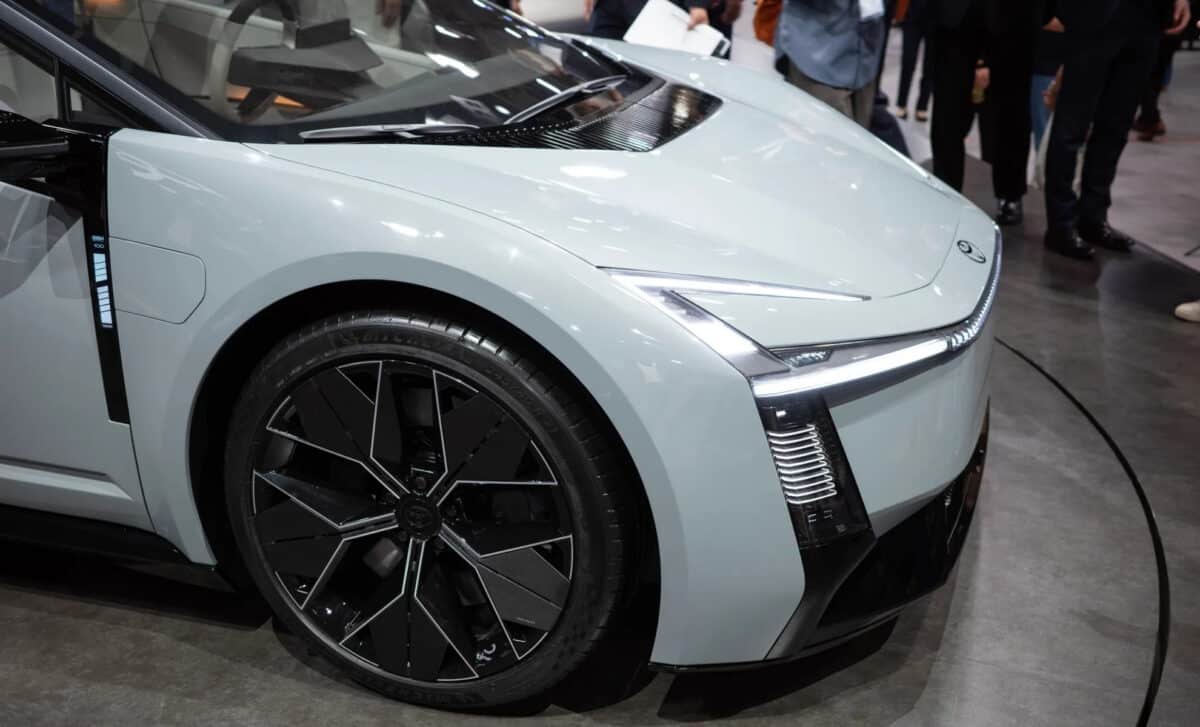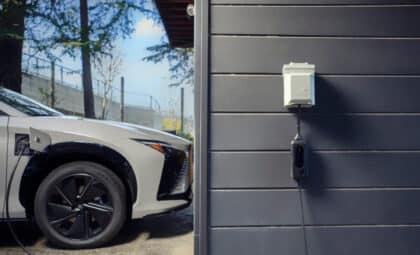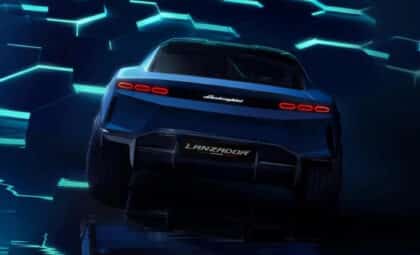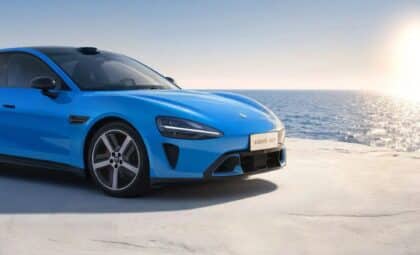At the 2025 Japan Mobility Show, the company unveiled a compact gas-powered Corolla concept and reaffirmed its belief that combustion still has a long road ahead. This bold stance comes at a time when many automakers are pivoting heavily toward battery electric vehicles. But for Toyota, the path forward isn’t about choosing one technology over another—it’s about flexibility, practicality, and reaching customers where they are.
During a technical session with the media in Tokyo, Hiroki Nakajima, the company’s chief technology officer, laid out Toyota’s long-term engine vision. “In my personal opinion, I think that Toyota Motor Corporation should be a company that will be making engines until the very end,” Nakajima said through an interpreter. That’s not a temporary position—it’s a defining strategy.
A Corolla Concept With an Old-School Twist
Toyota’s showcase at the 2025 Japan Mobility Show was a calculated message wrapped in sleek design. The Corolla concept, which resembles an EV at first glance, is actually designed around a compact gas engine. The goal: maximize interior volume without relying on an electric-only platform.
According to The Drive, the short hood and deep footwells signal a packaging efficiency usually associated with EVs. But Toyota believes the same spatial advantages can be achieved with a tiny, well-placed combustion engine. The company isn’t just clinging to old ideas—it’s adapting them to new shapes.
The powertrain behind the concept isn’t futuristic fiction. Toyota plans to pair a 1.5-liter, four-cylinder hybrid engine with an output of 134 horsepower, offering a 10–20% increase in fuel economy over existing models of the same size. The new engine is also 10% smaller in volume and lower in height, making it well-suited for compact platforms.

Engineering Loyalty, Not Nostalgia
Toyota’s approach is not purely sentimental. Its leadership believes combustion technology still holds untapped potential—especially when paired with synthetic, carbon-neutral fuels. Nakajima cited personal passions like motorsports as part of the company’s motivation but emphasized that the priority remains cutting carbon emissions.
Takashi Uehara, head of Toyota’s powertrains division, emphasized the sensory experience of combustion, comparing high-performance EVs to “trying to enjoy fireworks on mute.” He also underlined the practical benefits of internal combustion, including the recyclability of aluminum engine components and the energy density of gasoline.
This perspective reflects a broader belief that phasing out gas engines altogether may be premature. Toyota sees a future where combustion engines serve a practical and emotional role—especially for drivers who aren’t ready or willing to make the switch to full electric.
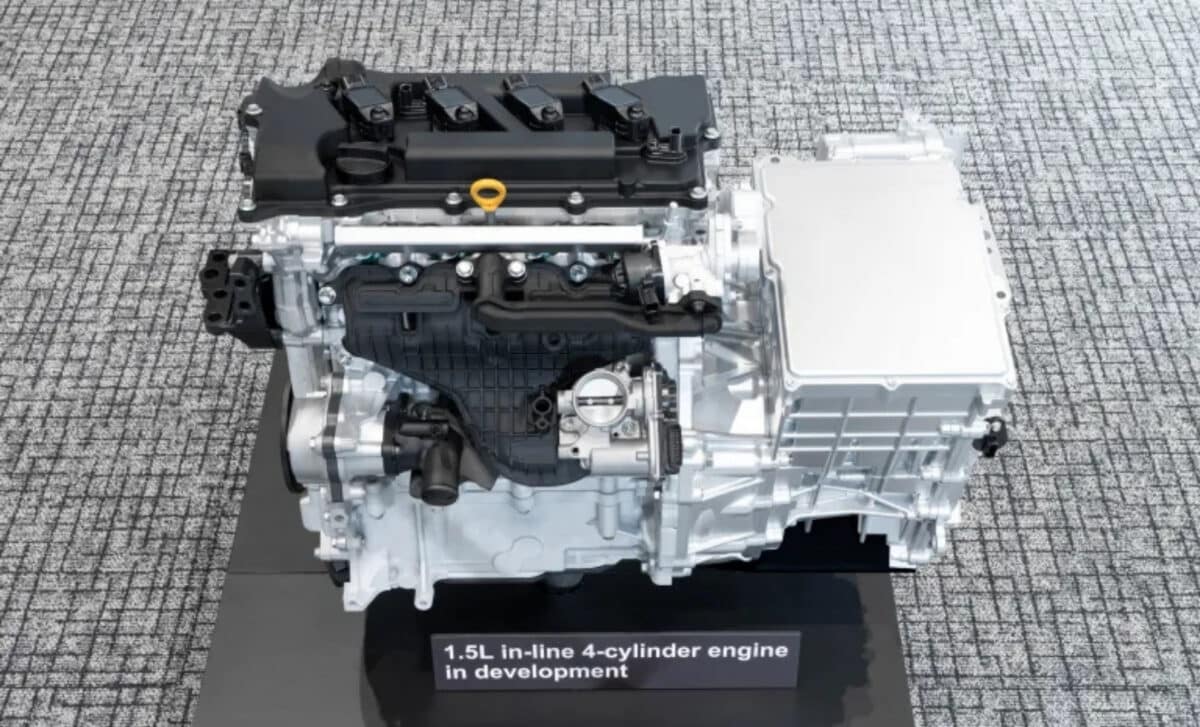
The Last Engine Builder Standing?
Toyota’s strategy isn’t new, but it’s becoming more vocal. As far back as Akio Toyoda’s tenure as CEO, the company resisted framing EVs as the only viable solution. Instead, Toyota positioned itself as technology-agnostic, aiming to reduce emissions through a mix of hybrids, hydrogen fuel cells, and combustion systems.
This multi-pronged approach now seems less controversial than it once was. More automakers are acknowledging that internal combustion still plays a critical role, especially in markets where EV infrastructure remains limited.
For Toyota, being the “last company” making engines isn’t a resignation—it’s a competitive edge. Whether customers want an EV or a compact hybrid with a space-saving gas engine, Toyota wants to be the company that still offers that choice. How long that strategy remains viable is a question for later. For now, the company isn’t backing down.

